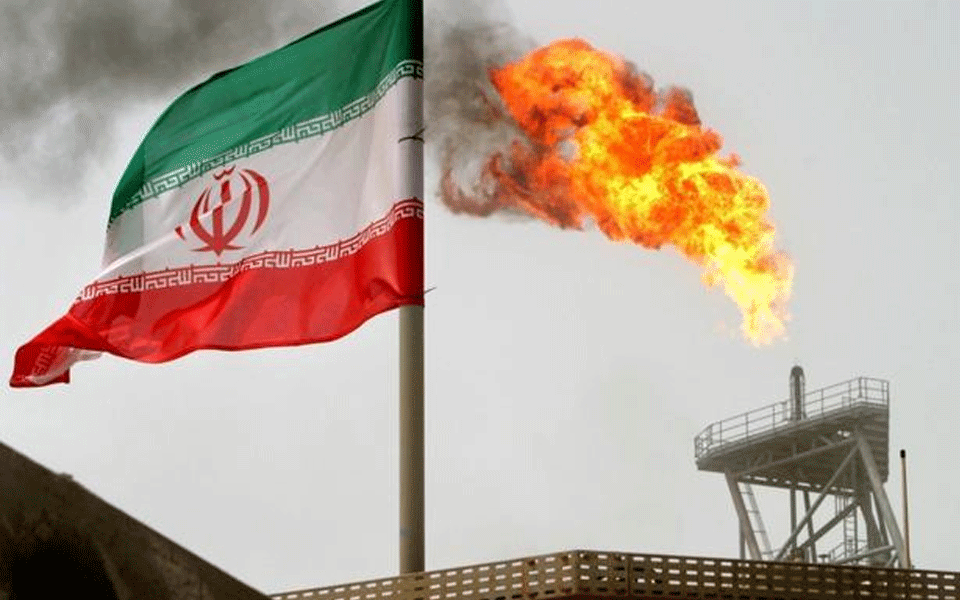Washington: The US on Monday is set to ask five nations, including India and China, to completely end their imports of Iranian oil or be subject to US sanctions, a media report said, a decision that comes about a year after America quit the Iran nuclear deal and imposed toughest ever sanctions on the Persian Gulf nation.
The move which is seen as an escalation of the US President Donald Trump administration's "maximum pressure" on Iran comes after it last year gave temporary 180-days waiver to eight countries, including India, China and Japan among others.
The decision allowed them to continue buying Iranian oil as they showed "significant reduction" in oil purchase from Tehran, the Washington Post reported on Sunday.
"On Monday morning, Secretary of State Mike Pompeo will announce to the media that, as of May 2, the State Department will no longer grant sanctions waivers to any country that is currently importing Iranian crude or condensate," two State Department officials were quoted as saying to the paper.
The waiver to India was also seen as a recognition by Washington of New Delhi's role in development of the port on the Gulf of Oman, which is of immense strategic importance for the development of war-torn Afghanistan.
In May 2016, India, Iran and Afghanistan had inked a pact which entailed establishment of Transit and Transport Corridor among the three countries using Chabahar Port as one of the regional hubs for sea transportation in Iran, besides multi-modal transport of goods and passengers across the three nations
China and India are currently the largest importers of Iranian oil. If they don't go along with Trump's demands, that could cause tensions in both bilateral relationships and spill over into other issues, like trade, the report said.
Iran is India's third-largest oil supplier behind Iraq and Saudi Arabia. Iran supplied 18.4 million tonnes of crude oil during April 2017 and January 2018 (first 10 months of 2017-18 fiscal).
The report also said that South Korea and Japan are relatively less dependent on Iranian oil and have already been treading lightly.
A Turkish official has said the country is expecting another waiver, but it isn't getting one, the report said.
The decision to end the waivers has implications for world oil markets, which have been eagerly anticipating Trump's decision on whether to extend waivers, the paper reported.
The officials said market disruption should be minimal for two reasons: supply is now greater than demand and Pompeo is also set to announce offsets through commitments from other suppliers such as Saudi Arabia and the United Arab Emirates.
Let the Truth be known. If you read VB and like VB, please be a VB Supporter and Help us deliver the Truth to one and all.
Dubai: Smoke was seen rising from an area near the United States Consulate in Dubai, according to witness accounts cited by Reuters.
There was no immediate official confirmation on the extent of damage or whether there were any casualties in the incident.
Earlier, the US embassy in Riyadh, Saudi Arabia’s capital, was also attacked. Authorities reported damage to the premises, but no casualties were recorded.
The developments come amid heightened tensions in the region, with Iran continuing to target US interests in the Middle East following deadly attacks launched on Saturday by Israel and the United States.
Near US embassy in Dubai pic.twitter.com/z5VTZNVxNO
— Sahil Shah (@thesahilsshah) March 3, 2026





